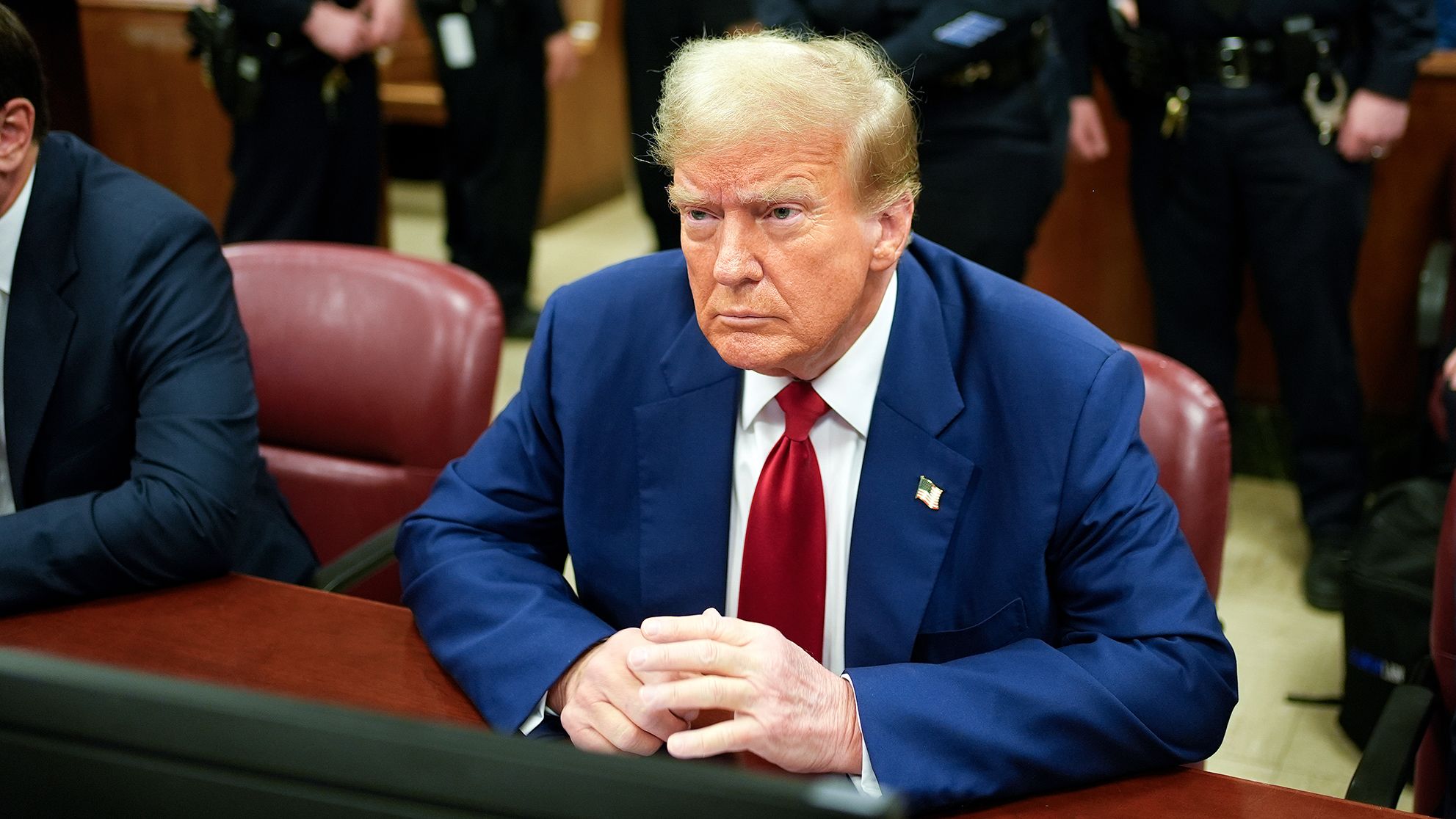Testimony resumed on Tuesday in the trial of former President Trump. He’s accused of paying hush money to Stormy Daniels, an adult film actress who said they had an affair during the 2016 election.
The day started with Judge Juan Merchan finding that Trump broke a rule nine times by making comments online about jurors and witnesses. The judge fined Trump $9,000 and warned that more violations could lead to jail time.
Trump responded to the ruling by saying his freedom of speech was being taken away. He called the trial rigged and criticized the judge.

The court heard from witnesses who talked about Michael Cohen, a long-time associate of Trump. They described Cohen in a negative way. Cohen’s former legal advisor said those descriptions were in the past.
Another witness, Gary Farro, said Cohen misled the bank about why he was opening an account. Cohen’s lawyer testified that a Playboy model sold her story to a media company instead of a news outlet to keep it from being published.
They also talked about a video where Trump made inappropriate comments. They said it changed how people viewed women who claimed they had affairs with Trump.
The trial will continue on Thursday.
